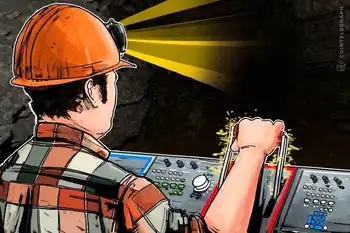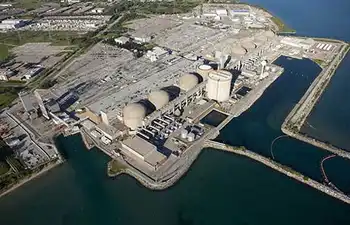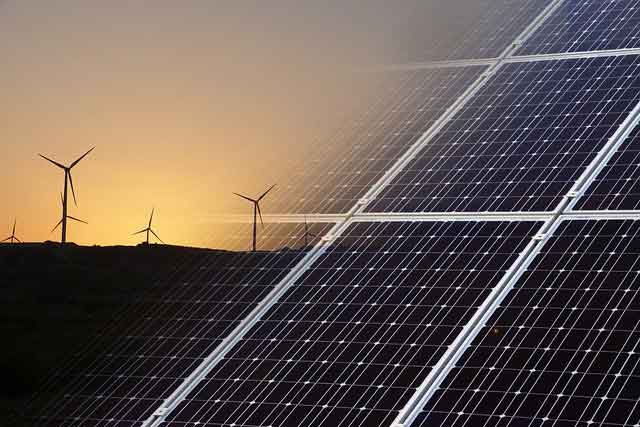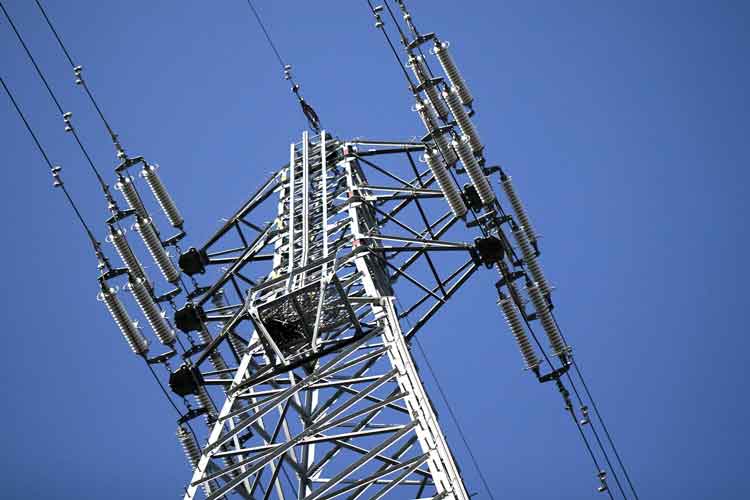Zoning law had held up Gore home's solar panels
The delay apparently wasn't on his end.
Zoning laws for the city of Belle Meade haven't permitted the panels, City Manager Beth Reardon said.
"The only holdup is that the ordinance allowing it is not effective until April 1," she said.
The city's zoning code, originally enacted in 1938, doesn't allow some other features of modern life, Reardon said.
"Large SUVs weren't permitted to be parked in people's driveways under the zoning codes," she said. They'll be legal after April 1, too.
The code has been amended over the years, but a sizable overhaul was still needed. The architect on the Gore house renovations had prodded the city to allow panels embedded with solar cells, Reardon said.
Reviewing the codes, recommending changes and passing the ordinance have taken about a year and a half, she said. She expects other people might put up solar panels, too, as a result.
Kalee Kreider, spokeswoman for the Gore family, said solar energy was an element in the Lynnwood Boulevard home renovation.
The former vice president has been called a hypocrite by some factions for living in a 10,000-square-foot home with electric bills that last year averaged about $1,200 a month, on top of natural gas bills.
The renovation has included energy-efficient windows and lighting, along with the still-awaited solar panels, Kreider said.
Gore also has been paying $432 a month extra since November on his NES bill to go toward green power.
Related News

Quebec Halts Crypto Mining Electricity Requests
MONTREAL - Major Canadian electricity provider Hydro-Québec will temporarily stop processing requests from cryptocurrency miners in order for the company to fulfil its obligations to supply energy to the entire province, according to a press release published June 7.
Hydro-Québec is experiencing “unprecedented” demand from blockchain companies, which reportedly exceeds the electric utility’s short and medium-term capacity. In this regard, the Quebec provincial government has ordered Hydro-Québec to halt electric power sales to cryptocurrency miners, and announced a new framework for this category of electricity consumers.
In the coming days, Hydro-Québec will reportedly file an application to local energy regulator Régie de…




